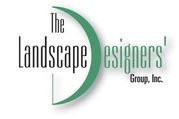|
Dawn Szelc and Clara Aleman, LDG Co-Secretaries The Landscape Designer’s Group met February 26, 2020, at the McLean Library. Our lecturer Sam Droege of the USGS Patuxent Wildlife Research Center ([email protected]) provided a fascinating discussion on native bees.
Sam discussed a number of areas where new species of bees have been discovered recently. At the Mt Cuba Center seven species have been found of specific flowers. Sandy spots are good places to look for bees because many live in the sand such as at Jug Bay, MD where new species have been found that new names had to be created for them. On Assateague Island 5 species have been found that are only found there. In Baltimore, 19 species with 11 that are not native were found. Types of bees:
Sam’s Favorite Plants
Sam’s Slogans
March: meeting location TBD April 18 Kennedy Center the REACH 10am May 9 georgetowngardenclub.dc.org for tickets …O and 31st Street June 16 Alonso Abiganes Capital Naturalist. Alexandria. Meadow Walk at Dusk
0 Comments
|
AuthorsLDG is a non-profit corporation dedicated to the exchange and enhancement of knowledge relevant to the landscape design profession. We are a group of professional designers in the metropolitan Washington, DC area. Membership is meant for students studying and professionals employed in landscape design or associated professions (i.e. arborists, installers, contractors, etc.). Archives
October 2023
CategoriesPast Newsletters can be found in the Members Only Section of the LDG Membership Connection. You must sign in to view these files.
Past Newsletters |
|
Search for a Landscape Designer in Your Area:
|
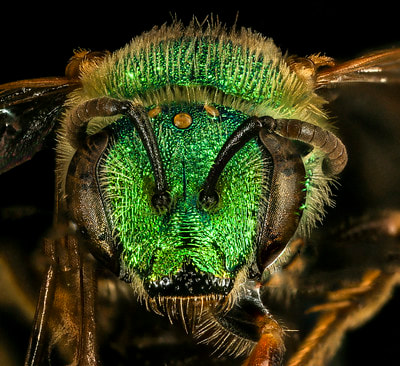
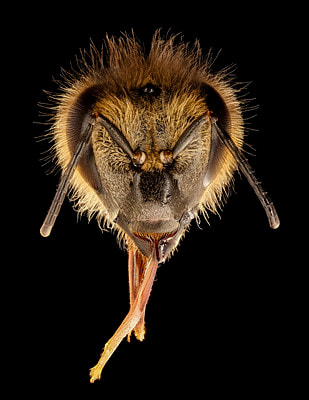
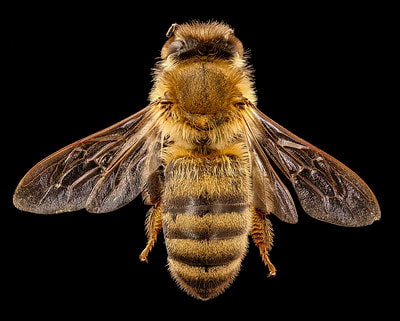
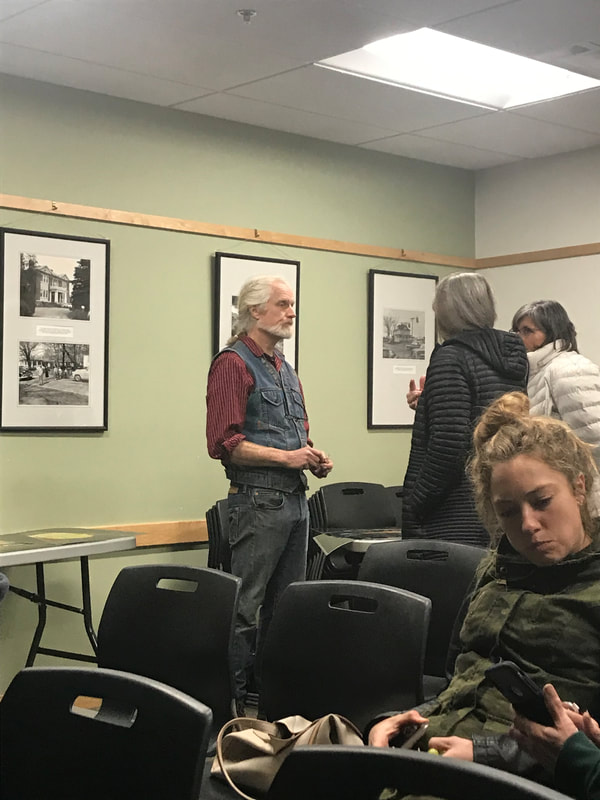
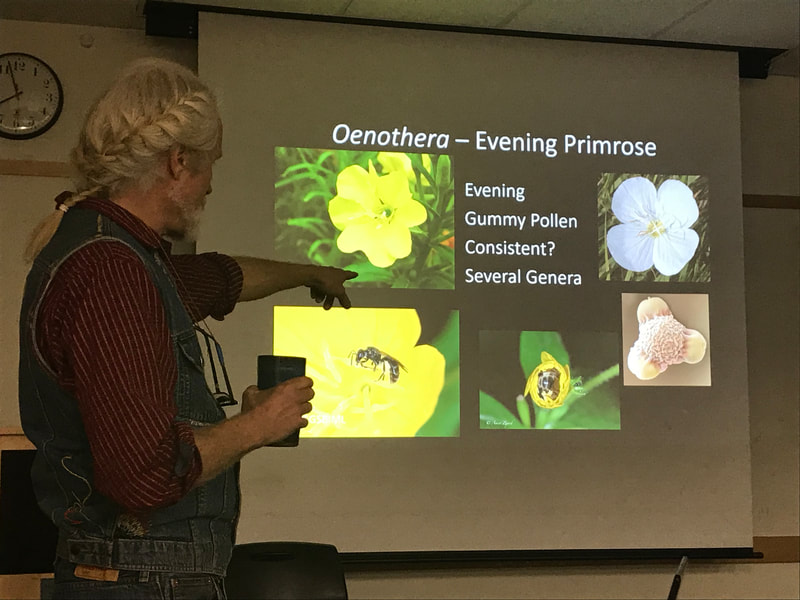
 RSS Feed
RSS Feed
